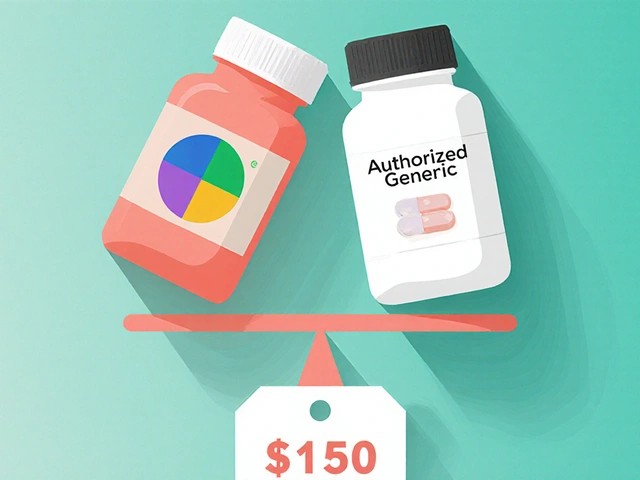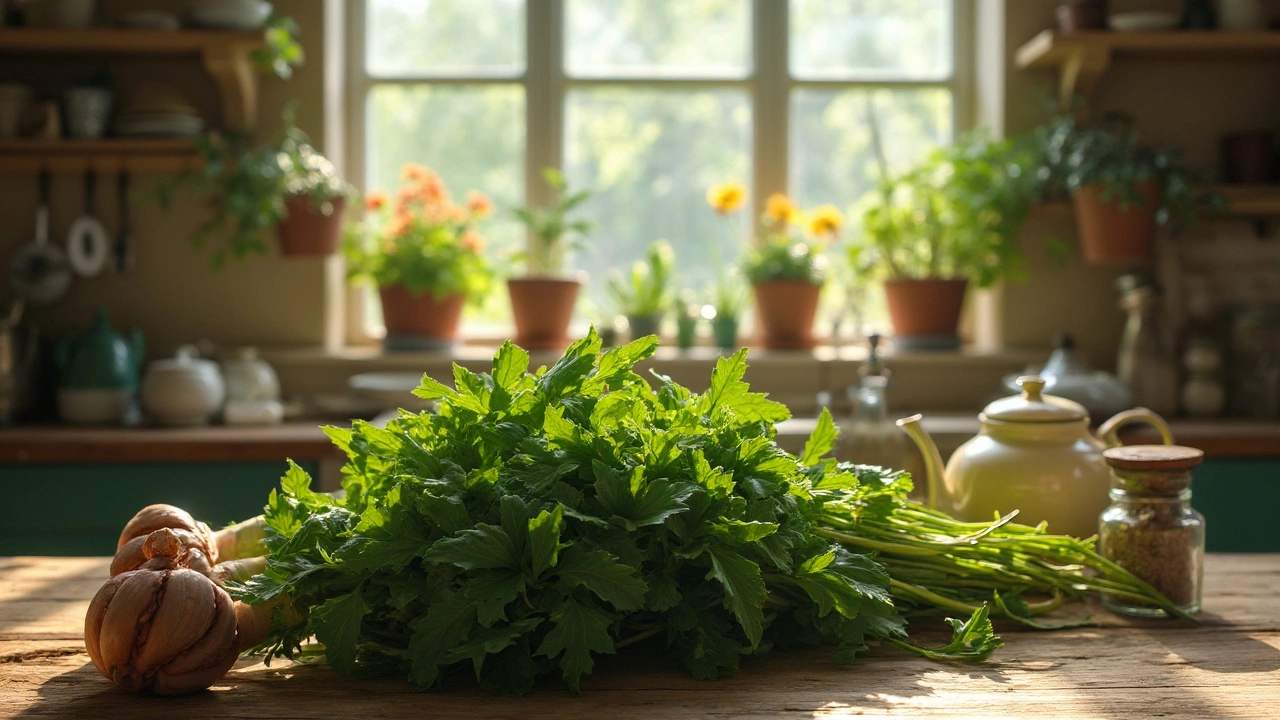Medicinal Herb Guide: Benefits, Safety & Top Picks for 2025
If you’ve ever wondered whether a garden plant can actually help your health, you’re not alone. People are swapping pills for leaves, roots, and seeds because they want something that feels natural and affordable. The good news is that many herbs have real science behind them, but the bad news is that not every plant is safe for every person. This guide cuts through the hype, shows you what works, and gives you a quick checklist before you brew your next cup.
Why People Turn to Medicinal Herbs
Most folks start with a simple goal: reduce inflammation, ease anxiety, or support sleep without a prescription. Herbs like turmeric, valerian root, and chamomile have been studied for these exact reasons. For example, a 2023 double‑blind trial found that 500 mg of curcumin (the active part of turmeric) reduced joint pain by 30% compared to placebo. That kind of result gets attention because it’s easy to add a capsule or a tea to a daily routine.
Another driver is cost. A bottle of generic ibuprofen can run $5‑$10, while a bulk bag of dried oregano costs less than $2 and still offers anti‑bacterial benefits. When insurance doesn’t cover a supplement, many turn to herbs as a budget-friendly alternative. Just remember: cheap doesn’t mean risk‑free. Some plants contain toxins that show up only after long‑term use.
Choosing Safe and Effective Herbs
Step one is to verify the plant’s scientific name. “Buttercup” might sound cute, but Ranunculus bulbosus (bulbous buttercup) releases protoanemonin, a compound that can irritate skin and mucous membranes. Our own article on this herb explains why it’s better to avoid it as a supplement. Look for names like Hypericum perforatum (St. John’s wort) instead of just “herb for mood”. The former lets you check reputable databases for interactions.
Step two is to check for third‑party testing. If a product bears a USP or NSF seal, you know it’s been checked for contaminants and accurate dosing. Without that seal, you’re guessing whether the label reflects what’s inside. When you shop online, read the seller’s verification page and look for reviews that mention batch numbers and expiry dates.
Step three is to match the herb to your health goal. For sleep, valerian root (Valeriana officinalis) has shown modest benefits in a 2022 meta‑analysis, especially when taken 30 minutes before bed. For digestive comfort, ginger (Zingiber officinale) can reduce nausea within an hour of a 1‑gram dose. Keep a simple table: herb – dose – timing – possible side effects. That way you avoid taking too much or mixing herbs that clash, like St. John’s wort with antidepressants.
Finally, talk to a healthcare professional. Even though herbs feel “natural”, they can interact with prescription meds. For instance, garlic supplements can thin blood and may amplify the effect of warfarin. A quick chat with your pharmacist can save you from an unexpected bleed.
Here are three herbs that consistently rank high for safety and efficacy in 2025:
- Echinacea purpurea – boosts immune response during cold season; 300 mg three times a day for up to two weeks.
- Milk thistle (Silybum marianum) – supports liver health; 150 mg standardized extract daily.
- Turmeric (Curcuma longa) with black pepper – enhances absorption; 500 mg curcumin with 5 mg piperine.
These options have plenty of research, low side‑effect profiles, and are easy to find in reputable online stores. Pair them with a balanced diet and you’re set for a healthier year.
Remember, the best herb is the one you can use consistently and safely. Start small, monitor how you feel, and adjust as needed. With the right info, medicinal herbs can be a powerful addition to your wellness toolbox.
Discover the Health Benefits of Bear's Garlic – Nature's Potent Dietary Supplement
Bear's garlic, also known as wild garlic, is a powerful herb with a range of health benefits. Rich in vitamins and minerals, it can boost immune function, improve heart health, and enhance digestion. This versatile leafy green is not just a flavor powerhouse but also a natural remedy for detoxification and inflammation. Uncover how bear's garlic can be a key player in a nutritious diet, offering both culinary delight and medicinal advantages.






